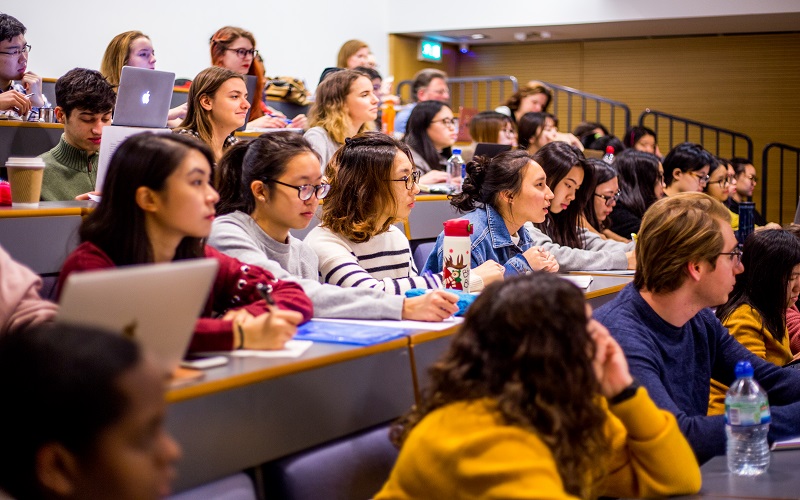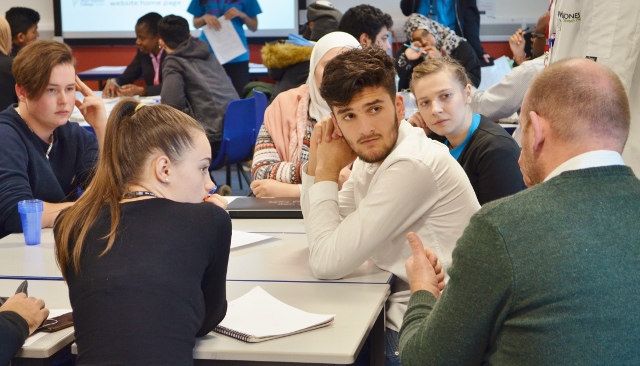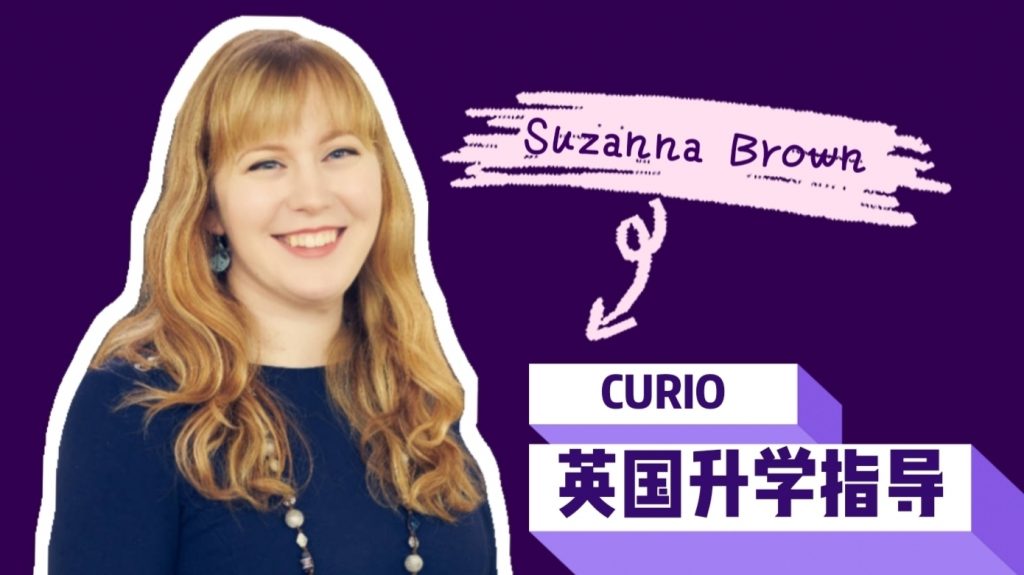
Studying in the UK | University Teaching Styles and Methods

Our UK Counselor Suzanna specializes in British education, G5 Universities, admission requirements, study abroad planning, background enrichment, personal statement writing, application procedures, scholarships, UK visas to live in Britain, accommodation, and more. All to help you navigate the application process to UK schools.
▌COLUMN EDITOR
Suzanna Brown
With years of experience in international education, up to date knowledge of UK admission trends, native English speaker, and receiver of the British Council’s “Educational Consultant Qualification” Suzanna is committed to helping students carry out a comprehensive plan for successful studying in the UK.
▌This Week’s Subject
“University teaching styles and Methods”
It is likely that there will be some differences between the student’s experience of teaching and learning in the UK and in their own country. As well as the more personalized approach, there will probably be big differences in the expectations academic staff have of their students.
▌Core Content

▌Q&A With a College Counselor
#1 Why is teaching in the UK different?
Suzanna:
Much of the UK’s academic excellence comes from the strong teaching, learning, research and the support network that students will be offered. For example, they will benefit from the continuing support of a tutor, tutorial and seminar groups and small classes.
It is likely that there will be some differences between the student’s experience of teaching and learning in the UK and in their own country. As well as the more personalized approach, there will probably be big differences in the expectations academic staff have of their students.
#2 What is the common teaching style in British universities?
Suzanna:
UK Universities classes:
- Deep subject learning through wide reading on the subject
- Attending lectures with staff who have proved their ability through published research
- Critical thinking, questioning, and analysis
- Discussing ideas and opinions with teachers and fellow students
- Contributing personal ideas in tutorials, seminars, and teamwork
- Developing confidence and original thought
- Learning how to express original thought through essays, presentations and projects
# 3 At British universities, when do we take classes with teachers?
Suzanna:
‘Contact hours’ refers to timetabled, directed teaching and learning, and includes:
- lectures
- seminars
- practical work
‘Independent study’ means students are expected to study independently, in an appropriate location, e.g. laboratories, art rooms, IT rooms, the library, at home, etc.
Teaching hours vary by subject. For example, there will probably be fewer contact hours on an art course than an engineering course. Students should expect from 8 to 20 contact hours a week. In addition, students in most subjects should spend most of their time reading about their subject, and this should go beyond what has been prescribed for the week’s classes if the student wishes to do well. Significant emphasis is put on the development of independent study skills. Students in the UK are expected to develop the skills and learning habits to enable them to find, assimilate and analyze the material that makes up their courses, as well as contribute their own ideas and show initiative.
# 4 What teaching methods are available at British universities?
Suzanna:
Lectures
- formal presentations to large groups of students, who take notes on what is said
- lasting 1 to 2 hours
Small groups, e.g. seminars and tutorials
- lectures will be supplemented by seminars, tutorials, or other group work in most subject areas
- seminars usually involve 8 to 16 students; tutorials between 1 and 3 students
- both involve an academic member of staff (usually a lecturer or professor rather than a graduate student as in some other countries) discussing, with a small group of students, a particular topic
- students are expected to read up on the topic and contribute to the discussion or to lead or start off the discussion with a short, critical account based on their reading
- in the UK, education seminars and tutorials are seen as being of great importance as they enable students to contribute to the learning process
Number of courses/modules
- depending on the subject, a student might be taking 4 or 5 courses/modules at any one time
- in the later years of a degree program especially, there will be optional or ‘elective’ courses/modules as well as compulsory or ‘core’ courses/modules
Supervised work
- for science, technology, and engineering subjects a lot of a student’s time will be spent in undertaking supervised laboratory work
- this is essential to the development of technical skills, and lab classes make up a large part the teaching in such subjects
Course tutors
- course tutors are happy to advise students on an individual basis (after they’ve made an appointment)
- in addition, in most institutions, students will be assigned to a personal tutor or academic adviser; the role of this person is to oversee the academic development of students and be the first source of advice in the event of a problem
Students can prepare for a UK study by visiting UKCISA Study skills and preparation and Prepare for Success. Students can explore career opportunities at The National Careers Service and www.careers-scotland.org.uk/
# 5 What do students do after classes?
Suzanna:
Students in most subjects should spend most of their time reading about their subject, and if students want to excel, they should go beyond the scope of the week’s curriculum. Emphasis is placed on developing self-learning skills. Cultivate students ‘independent research and ability to complete tasks within a specified time, and improve students’ independent thinking ability. After class, students often learn independently in a laboratory, art room, IT room, library, or at home.
#6 There are many types of undergraduate courses. What are their characteristics and what are the assessment methods?
Suzanna
Assessments and Examinations
Student assessment and examination come in various forms as noted here:
Final Examination
Most degrees require a final examination and some examinations during the course.
Exceptions do exist in such areas as art and design where the award is based on a ‘degree show’ of students’ work.
Continuing Examination
It is now rare for the class of degree awarded to depend completely on student performance in the final examination.
Most institutions base a component of the degree class on examinations taken during the period of study (particularly at the end of the second year) and may also use some form of continuous assessment as part of the course.
Continuous Assessment
This can take a variety of forms, depending on the subject, and can include:
- written assignments
- practical laboratory work
- substantial project work
- presentations
This is intended to give students the opportunity to show what they can achieve away from the artificial atmosphere of the examination room, on an on-going basis.
Written Assignment or Dissertation
In most subjects, students in the UK spend a great deal of time writing assignments, essays or longer pieces of work such as dissertations; written work will normally have to be completed and submitted on a regular basis.
As in class-based work, these assignments are an opportunity for students to demonstrate an engaged, critical, analytical or creative approach to their subject, as well as simply what knowledge has been absorbed and understood.
We hope you learned more about British universities. Students who are interested in going to the UK are encouraged to use this as a reference. Students who are actively applying abroad can continue to pay attention to our latest information. For more questions about studying abroad, you can scan the QR code below and leave a message.

Follow us on WeChat





